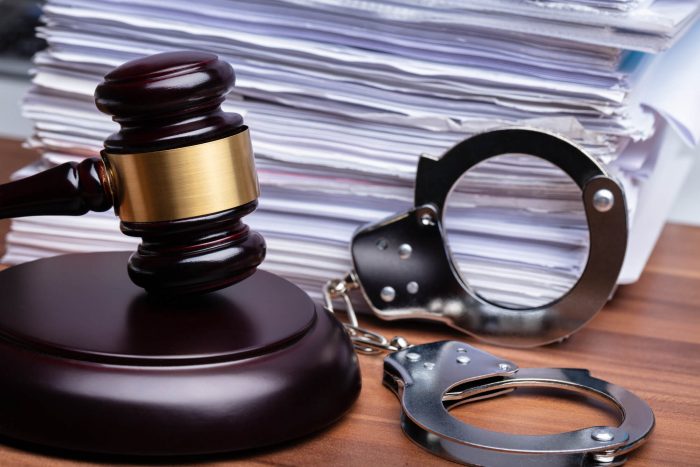 June 7, 2023
June 7, 2023
Traffic offences refer to violations of laws or regulations created to ensure the orderly flow and safety of traffic. These can range from minor infractions, such as parking violations, to serious offences, like drunk driving or causing an accident due to reckless behaviour. Traffic offences not only pose significant risks to personal safety and the safety of others, they can also have far-reaching implications, including affecting your employment.
Employers often consider traffic offences when making hiring decisions. This is particularly true for roles that involve operating a vehicle, transporting goods, or frequent travel. However, even in jobs where driving isn’t a primary function, these offences can raise concerns about an applicant’s responsibility, reliability, and judgment. Serious traffic offences, such as DUIs, can be viewed as a reflection of an individual’s decision-making skills and adherence to societal rules and regulations.
Dangerous or reckless driving refers to a blatant disregard for the safety of others on the road. This could involve speeding, ignoring traffic signs, tailgating, or street racing. These offences not only endanger lives but also indicate a lack of responsibility and respect for rules, which can be alarming to potential employers.
Driving under the influence of alcohol or drugs is a serious offence. It shows a disregard for personal and public safety, which can be a huge red flag for employers. A DUI or DUID conviction could seriously harm your chances of securing a job, especially if the role requires a clean driving record.
Driving without a valid driver’s licence, whether expired, suspended, or revoked, is another severe traffic offence. It shows a lack of respect for the law and can negatively impact your employment prospects.
Other common traffic offences include running a red light, failure to stop at a stop sign, not using a seat belt, or using a mobile phone while driving. While these may seem minor, they can accumulate over time and reflect poorly on your character and judgement.

License disqualification or suspension due to traffic offences can make commuting to work challenging, impacting your punctuality and reliability. For jobs that require driving, a suspension or disqualification can make you ineligible.
Receiving infringement notices or criminal charges due to traffic offences can lead to potential employers questioning your judgement and responsibility. It may also make it difficult to secure jobs that require a clean criminal record.
Being found guilty of a traffic offence can result in the loss of your driving licence. This is a serious issue if you are applying for roles that require a valid licence.
A traffic offence, especially a serious one like DUI, can lead to a criminal conviction. Having a criminal record can hinder job prospects, as many employers conduct criminal background checks.

It is crucial to understand your rights and responsibilities regarding disclosing traffic offences. If asked directly, be honest about your history. In some cases, it may be better to disclose upfront, showing integrity and taking responsibility for past actions.
Obtaining a clearance certificate from a police check can provide employers with assurance about your criminal history. If you have past traffic offences, a clearance certificate can show that you have met your legal obligations and that you are taking steps to change your behaviour.
Facing traffic offences can be daunting, and understanding the legal aspects might be challenging for most people. That’s where professional legal advice comes in.
Navigating the world of traffic offences doesn’t have to be a solitary journey. A legal adviser can provide guidance and help clarify your situation, outlining potential implications and strategies for dealing with your case. They can aid in understanding the legal jargon, help with paperwork, represent you in court if necessary, and guide you on disclosure responsibilities.
Moreover, legal advice can help you comprehend how a traffic offence might impact your employment prospects. If a traffic offence has led to criminal charges or the possibility of a criminal conviction, getting legal advice becomes even more critical. A legal professional can discuss your options, helping you to understand potential outcomes and the best way forward.
Also, if you are applying for a new job and are unsure about how to handle the disclosure of your traffic history, a legal adviser can provide appropriate guidance tailored to your specific circumstances. They can also assist you in obtaining clearance certificates from police checks.
Remember, everyone makes mistakes. The critical aspect is how you handle those mistakes and take steps towards rectifying them. In the case of traffic offences, professional legal advice can be a valuable tool in managing the situation effectively and minimising its impact on your employment prospects.
Traffic offences can have significant impacts on your employment prospects. Therefore, maintaining a clean driving record, understanding the legal implications of any offences, and seeking appropriate legal advice should be seen as essential parts of your professional integrity and reputation.




